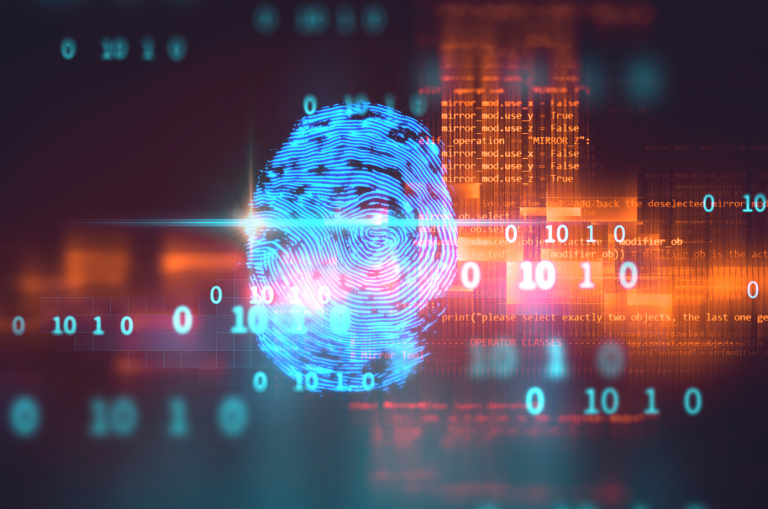This is the first in a series of blog posts covering your intro to DeSci, or decentralized science. We’ll be discussing the problematic state of the scientific research economy, trust, restricted access to information, and more. Once we’ve sufficiently dogged on the current centralized structure, we’ll talk about how decentralized blockchain can fix it!
A 2023 Pew Research Center article summarized various reports on Americans’ attitudes toward science and how much they trust it. While most Americans believe science is largely beneficial and are generally optimistic about technological advancements, their trust in scientific research is wavering. About 27% of U.S. adults have little to no confidence in scientists to act in the public’s best interest. That’s concerning, but it’s not unfounded.
In the next installments of this intro to DeSci series, we’ll talk about some of the ways research is suffering because of poor incentive structures in the scientific community and how decentralized blockchain may help solve some of the problems. Here’s a brief overview of what you can expect.
Funding and research difficulties
The way the research economy is currently structured serves to benefit intermediaries and gatekeepers who profit from the work of scientists and broker credibility in a way that hampers scientific progress. For example, many scientists have to spend half of their time writing grant proposals to get their projects funded rather than conducting the research itself.
Once projects are funded, there are more problems with sharing and accessing results. The large journal publishing companies basically serve as middlemen who profit from scientists’ research, their writing, and the readers who pay to access the content. Profit margins are huge for journal publishers — nearly 40% which is higher than margins for companies like Microsoft, Google, and Coca Cola.
Creating peer-to-peer, transparent, and trustless systems on a decentralized blockchain would allow the research economy to cut out middlemen like journal publishers the way the DeFi sector is cutting out banks and financial intermediaries.
Information ownership
Beyond the problem of getting research funded and published in the first place is the difficulty of gatekeepers and paywalls. Peer-reviewed studies are restricted by the same centralized institutions who are profiting from the scientific research in the first place. The peer review process often takes a long time, and restricted access slows down innovation.
In addition to restricting who can see research results, there are credibility bottlenecks. Status and prestige based on institutional clout and number of published articles and citations give or keep scientists from gaining credibility and standing in the community. Reputation and tenure is extremely difficult to achieve. This creates a kind of exclusivity that can keep out new and creative researchers.
The hope for decentralized blockchain and tokenization is that information can be both freely and transparently accessible but also credible and verifiable. Blockchain has done this with currency; it can do it with scientific research. Intellectual property tokenization can allow verifiable scientific reputations that are simultaneously anonymous, reducing the elite gatekeeping while maintaining the integrity of researchers’ credentials.
Industry examples
The whole forthcoming intro to DeSci series is only scratching the surface of a brand new movement in the scientific community to start decentralizing the research process. But there are already some examples of how decentralized blockchain is beginning to help established science industries as well as research. The biomedical and healthcare industries are both ripe for intervention by crypto technologies.
Medical and pharmaceutical industries use a lot of data that is currently being exploited by intermediaries who profit. Retail fitness and health industries are also profiting from large datasets they collect from their users. But the people who provide the data — patients and customers — are not only being used for their information, they’re losing the opportunity to profit from it themselves. Tokenizing data can give individuals control over when and where their data is used.
DAOs
If you don’t know what a decentralized autonomous organization (DAO) is, you’ll find out by the end of this intro to DeSci series. There are already DeSci related DAOs popping up with the goal of funding research in a community driven way, creating transparent and peer-to-peer review systems, and even sharing lab services for research, making it more affordable and accessible to researchers.
There are many ways that decentralized communities can remove the imbalanced incentive systems existing in the current centralized scientific community. With the world moving faster and information spreading to everyone, old, slow systems can’t keep up. COVID-19 showed us how quickly research can actually get done and new breakthroughs can be made. Free flowing information on social media has demonstrated how open information speeds things up — but decentralized blockchain can offer that speed without sacrificing credibility.
What to expect in the intro to DeSci series
As you can see, there is a lot to delve into in the intro to DeSci series. But for as many words as you’re willing to read, there are thousands more that still haven’t been written because this crypto sector is so new. We’ll cover how funding can become more transparent and easily accessible through blockchain and DAOs, how tokenization of intellectual property can free information, how DAOs are changing the way communities influence science, and what the DeSci landscape looks like currently. There’s so much more to be imagined, though, and everyone in the DeSci movement is eager to see it unfold and evolve.





